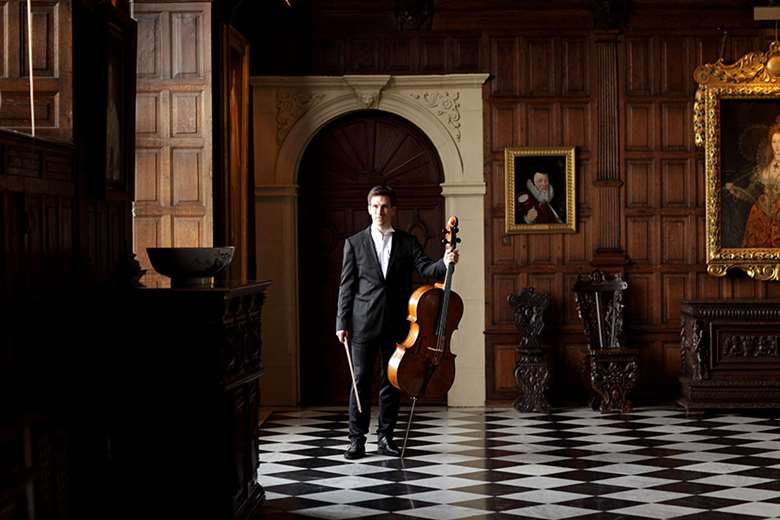A weekend at Hatfield House Chamber Music Festival
Simon Mundy
Monday, October 10, 2022
Hatfield House's Marble Hall played host to a wide range of musicians, instruments and premieres earlier this month. Simon Mundy reports


Register now to continue reading
Don’t miss out on our dedicated coverage of the classical music world. Register today to enjoy the following benefits:
- Unlimited access to news pages
- Free weekly email newsletter
- Free access to two subscriber-only articles per month

